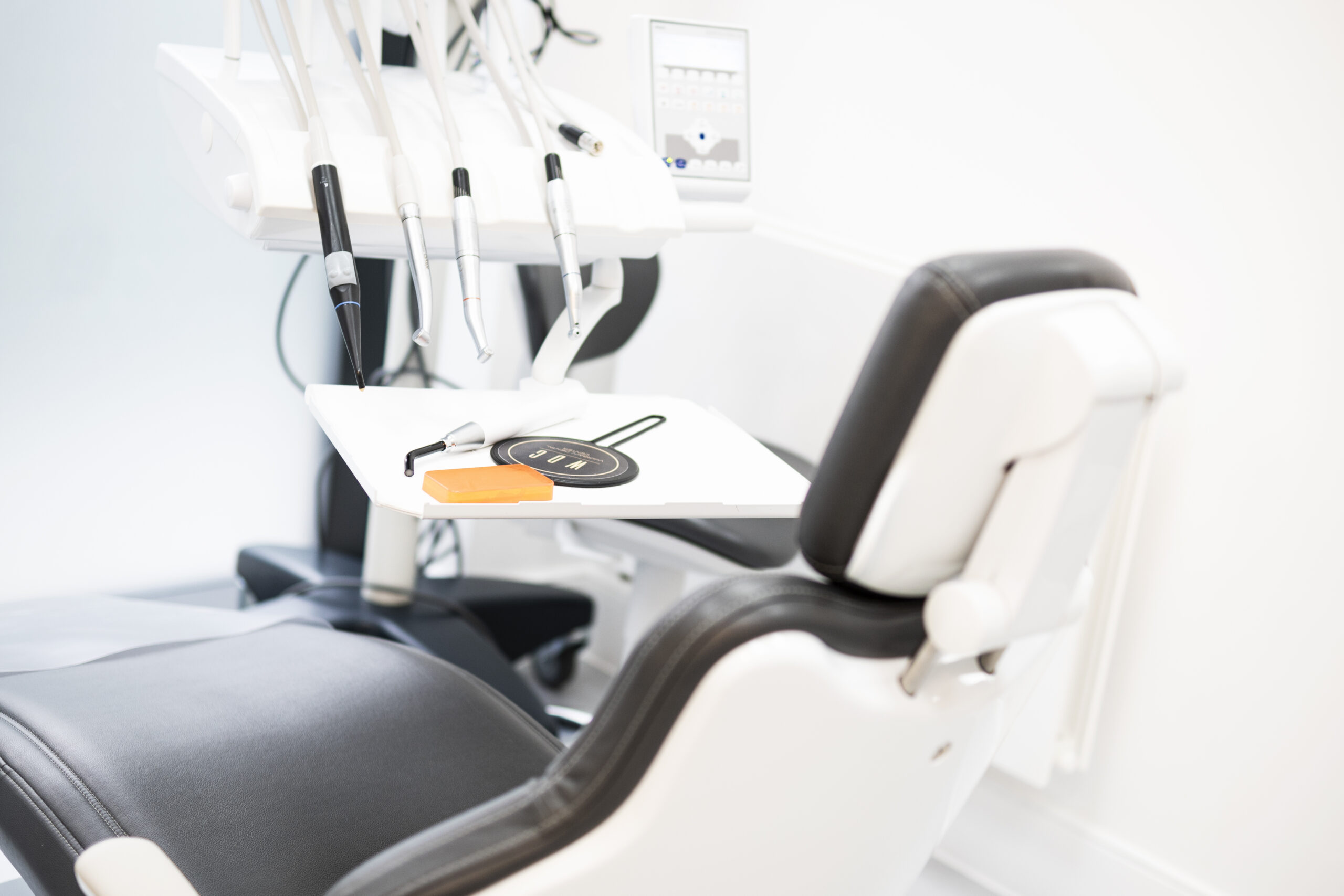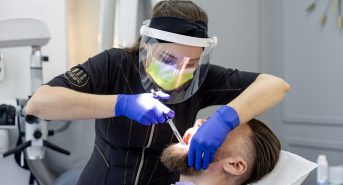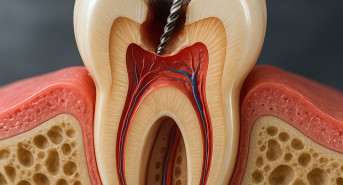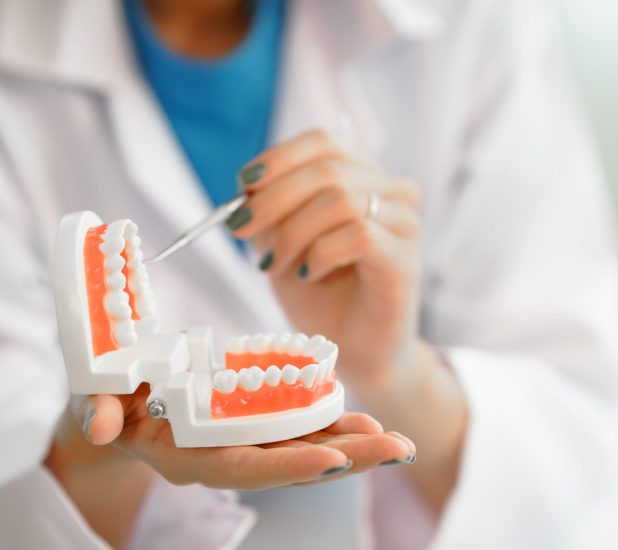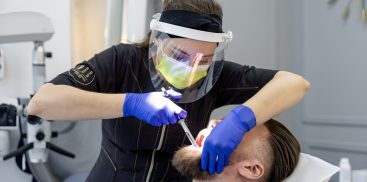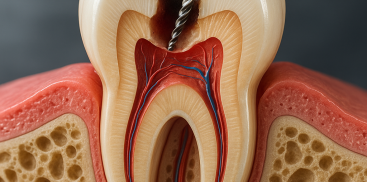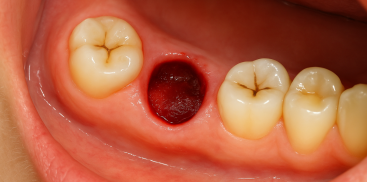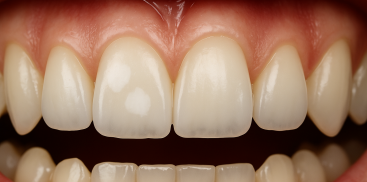Dentophobia, or intense fear of visiting the dentist, is becoming an increasingly common problem that can lead to serious health complications. In this article, we will examine the causes of dentophobia, methods of its recognition, and effective ways of dealing with this problem.
Causes of fear of dental visits
Fear of the dentist often has its roots in traumatic experiences associated with dentistry. Experiences such as painful injections, feelings of pain, or bleeding can leave a deep imprint in memory and lead to avoiding visits to the dentist at all costs.
It is important to remember that fear is a natural human reaction to situations that we perceive as unpleasant or threatening to our bodies. Some dental procedures, such as root canal treatment, are associated with the experience of pain, which reinforces negative associations with visiting the dentist.
Additionally, many people feel awkward in situations where they have to rely on others and have no control over the course of events. A visit to the dentist often involves entrusting oneself to the care of a specialist, which can lead to increased anxiety.
Symptoms of dentophobia
Dentophobia can manifest through various symptoms, the most common of which include:
- Feeling anxious several days before a scheduled dental visit
- Experiencing headaches or stomachaches due to stress associated with the visit
- Excessive sweating or trembling during a dental appointment
- Tendency to postpone or cancel scheduled appointments with the dentist
If you notice any of these symptoms in yourself, there is a high probability that you are dealing with dentophobia.
How to counteract dentophobia
Overcoming dentophobia begins with understanding the sources of your own fear and openly admitting to yourself that you have a problem. This first step enables us to take conscious actions and seek solutions. It is also important to find an empathetic and communicative dentist, as the atmosphere in the office itself can help reduce feelings of fear and stress.
Before and during the visit, it is worth experimenting with various relaxation techniques, such as deep breathing or meditation. They can help alleviate symptoms of anxiety. Also, do not hesitate to express your concerns and request modifications to the treatment process, such as shorter appointments.
In cases of severe fear associated with the dentist, it is also worth considering psychological therapy. Such therapy can help us confront our fears and learn to effectively cope with them in the future.
